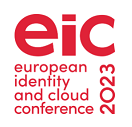 Giuseppe De Marco and I presented the session How do you know who to trust? at EIC 2023.
Giuseppe De Marco and I presented the session How do you know who to trust? at EIC 2023.
A key question when granting access to resources is ‘Who do you trust?’. It’s often important to know who the party is that you’re interacting with and whether they’ve agreed to the terms and conditions that apply when accessing a resource.
OpenID Connect enables identities of participants to be securely established but doesn’t answer the question of whether a participant is trusted to access a resource such as your personal data. A complementary mechanism is needed to do that. In small-scale and static deployments, it’s possible to keep a list of the trusted participants. However, in large-scale and dynamic deployments, that doesn’t scale.
This presentation described how the OpenID Connect Federation protocol enables scalable trust establishment with dynamic policies. It does so by employing trust hierarchies of authorities, each of which are independently administered. Examples of authorities are federation operators, organizations, departments within organizations, and individual sites.
Two OpenID Connect Federations are deployed in Italy, enabling secure access to digital services operated by Italian public and private services with Italian digital identities. This presentation described why OpenID Connect Federation was selected for them and how it meets their needs. OpenID Connect Federation is also being used by the GAIN PoC.
Our presentation is available in (PowerPoint) and PDF.
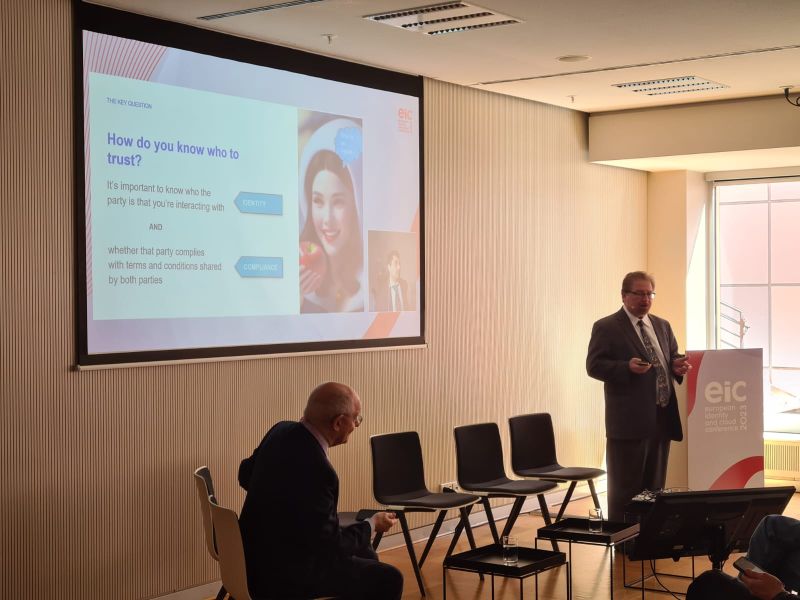
 I was surprised and deeply honored to receive a Lifetime Achievement Award from Kuppinger Cole at EIC 2023. As I recalled when accepting the award, when Kim Cameron received the same award about a decade ago, he said from the podium “No, don’t do this! My career isn’t over! I’m not done contributing!” Kim always had a wicked wit. ;-)
I was surprised and deeply honored to receive a Lifetime Achievement Award from Kuppinger Cole at EIC 2023. As I recalled when accepting the award, when Kim Cameron received the same award about a decade ago, he said from the podium “No, don’t do this! My career isn’t over! I’m not done contributing!” Kim always had a wicked wit. ;-)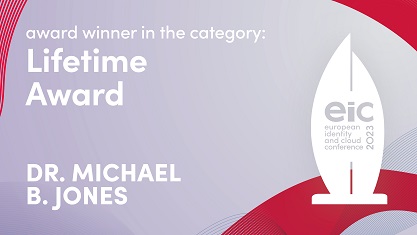
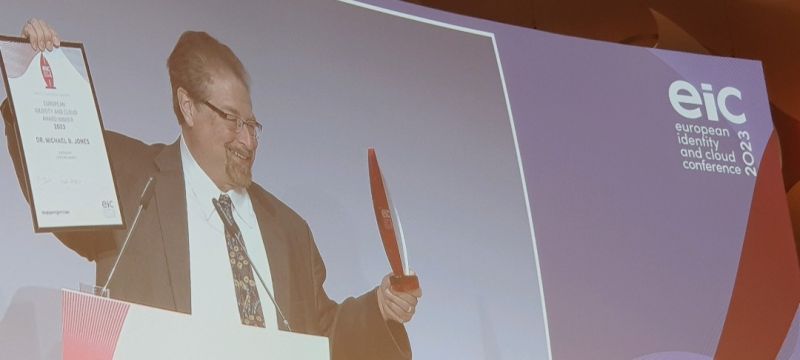
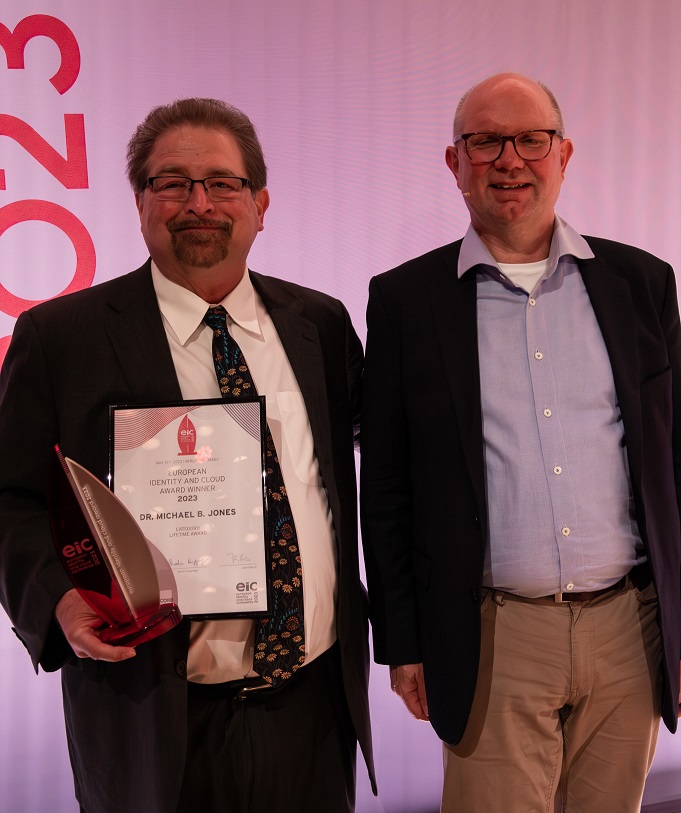
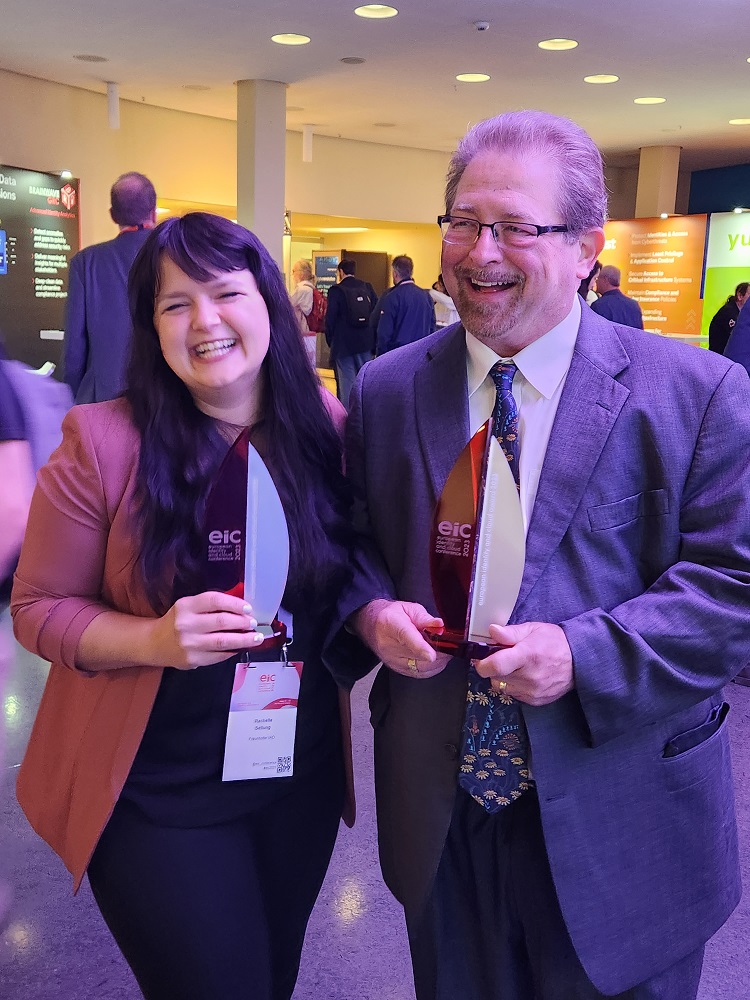

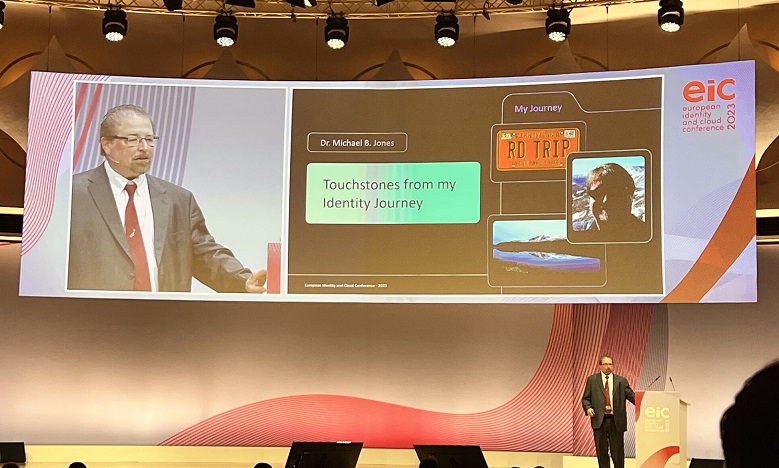
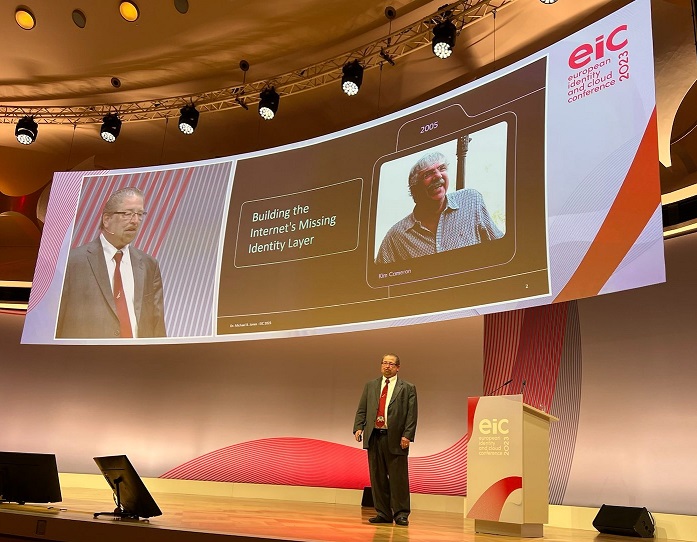
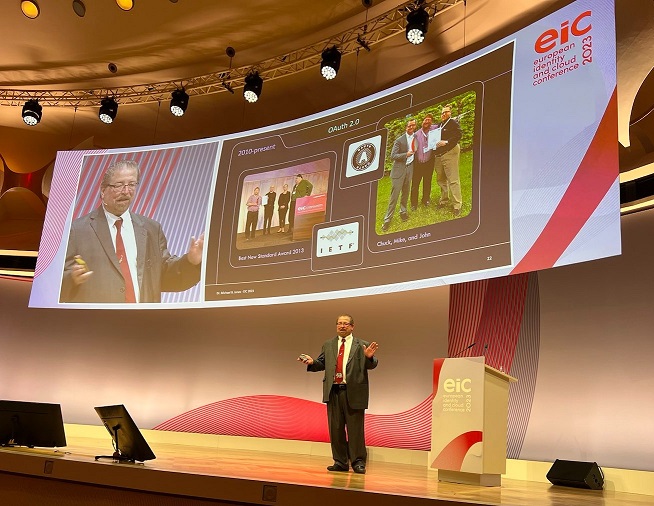
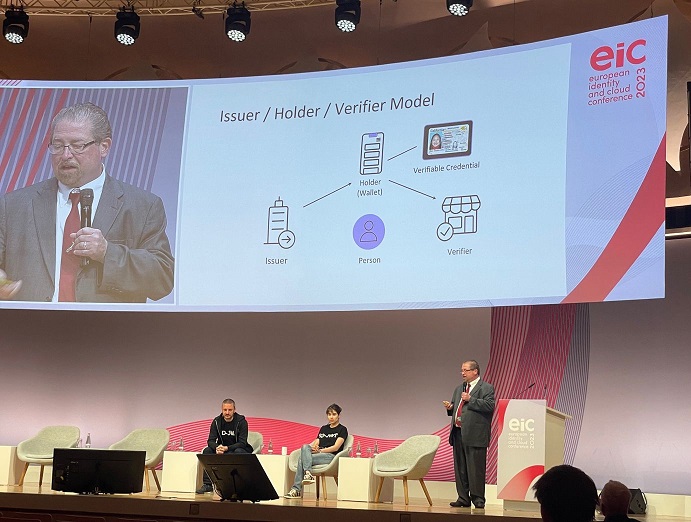


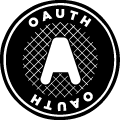 The OAuth 2.0 Demonstrating Proof-of-Possession at the Application Layer (DPoP) specification was approved by the IESG and is now in the hands of the RFC Editor in preparation for publication as an RFC. In a related development, the multiple
The OAuth 2.0 Demonstrating Proof-of-Possession at the Application Layer (DPoP) specification was approved by the IESG and is now in the hands of the RFC Editor in preparation for publication as an RFC. In a related development, the multiple 